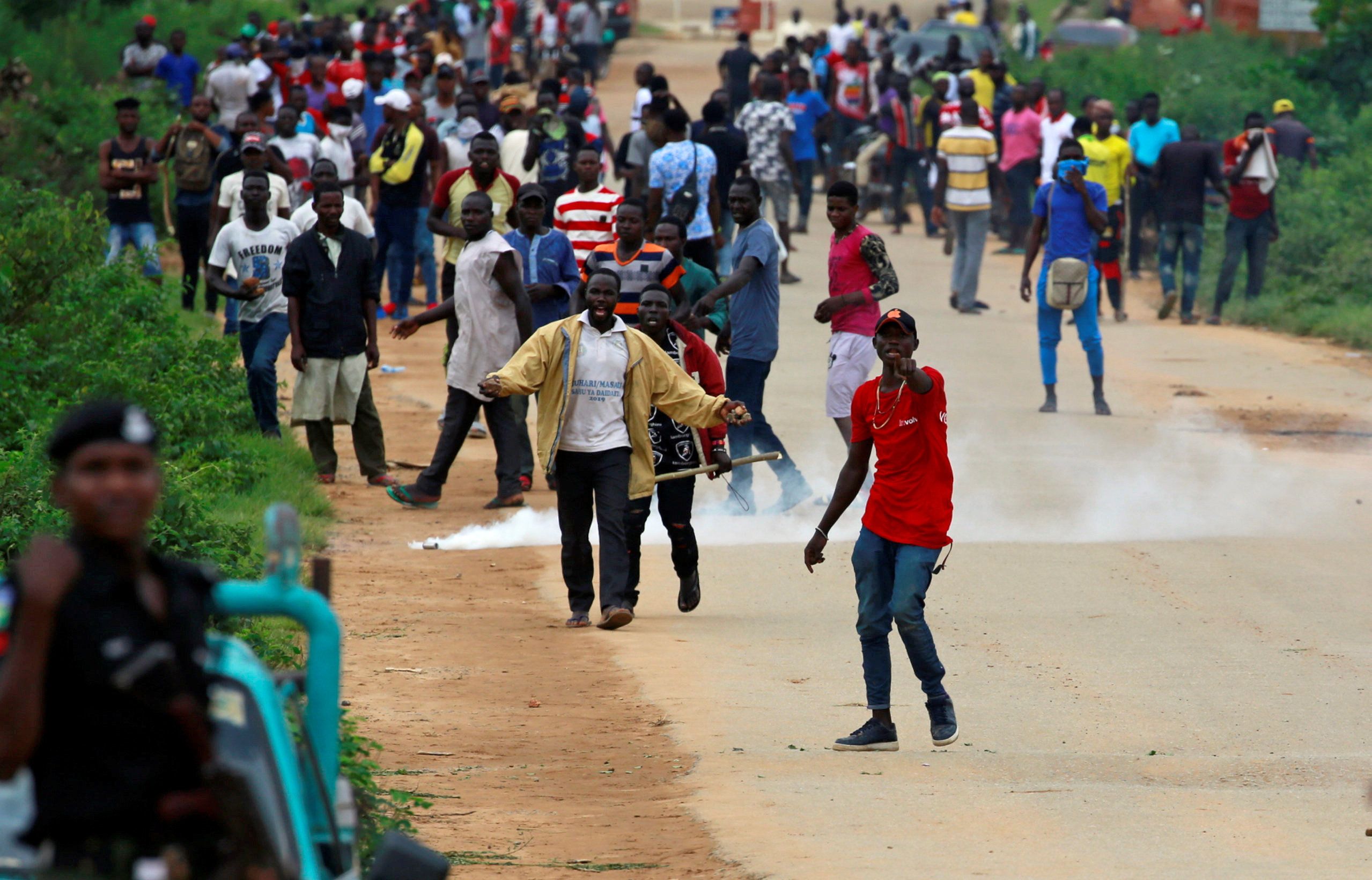It's hard to imagine a story that involves more of the troubles plaguing international politics than the one now generating headlines across Africa. It started Sunday, when local media reported that South Africans had looted and destroyed dozens of foreign-owned shops in Johannesburg. More attacks on Tuesday and Wednesday reportedly killed at least seven people.
South Africa is burdened with a stagnant economy and sky-high youth unemployment. By some measures, it's also the most unequal society on Earth. But it's also a magnet for migrants from other African countries because the size of its economy promises more opportunities for decent-paying work than can be found at home.
The UN says that four million foreigners live in South Africa. A few South Africans, infuriated by a lack of opportunity, have decided that foreign migrants are stealing their jobs. They have threatened, then attacked them.
This is a problem that's existed for many years, but this week brought a new and troubling twist: In an age of social media, it didn't take long for word of the violence to reach Nigeria, home country for tens of thousands of migrant workers living in South Africa. Photos and videos began appearing in Nigerian social media that claim to depict Nigerians being attacked and murdered.
Much of this material is either fake or older images misrepresented as new, but Nigerians have already retaliated. Protesters in Nigeria have gone after South African-owned companies and the group that represents university students across Nigeria has formally demanded that all these businesses be shuttered, a decision that would inflict substantial economic damage on both countries.
Nigerian officials have tried to clear the air. The country's foreign minister has said that while it appears Nigerian businesses in South Africa have been looted, Nigerian citizens have not been attacked. "There are a lot of stories going around of Nigerians being killed, jumping off buildings and being burnt. This is not the case," he told reporters on Wednesday. No Nigerians have been confirmed among those killed this week, though Nigerians have been murdered in South Africa in the past.
So far, the clarification hasn't helped. On Tuesday, South Africa's President Cyril Ramaphosa said, "there can be no justification for any South African to attack people from other countries," but his government has closed diplomatic missions in the Nigerian cities of Abuja and Lagos following threats made against staff. The reports of violence in South Africa have also inflamed tensions in Kenya, Mozambique, and other countries in the region.
The broader story – Tally it up: economic angst, migrants, violence against foreigners, fake news that distorts public perception, protests that take on a life of their own, economic pressure, and rising tension among governments anxious to appease public demand for action.
In years to come, it's not hard to imagine this ugly, largely spontaneous confluence of factors triggering storms far beyond Africa. In any region of the world.